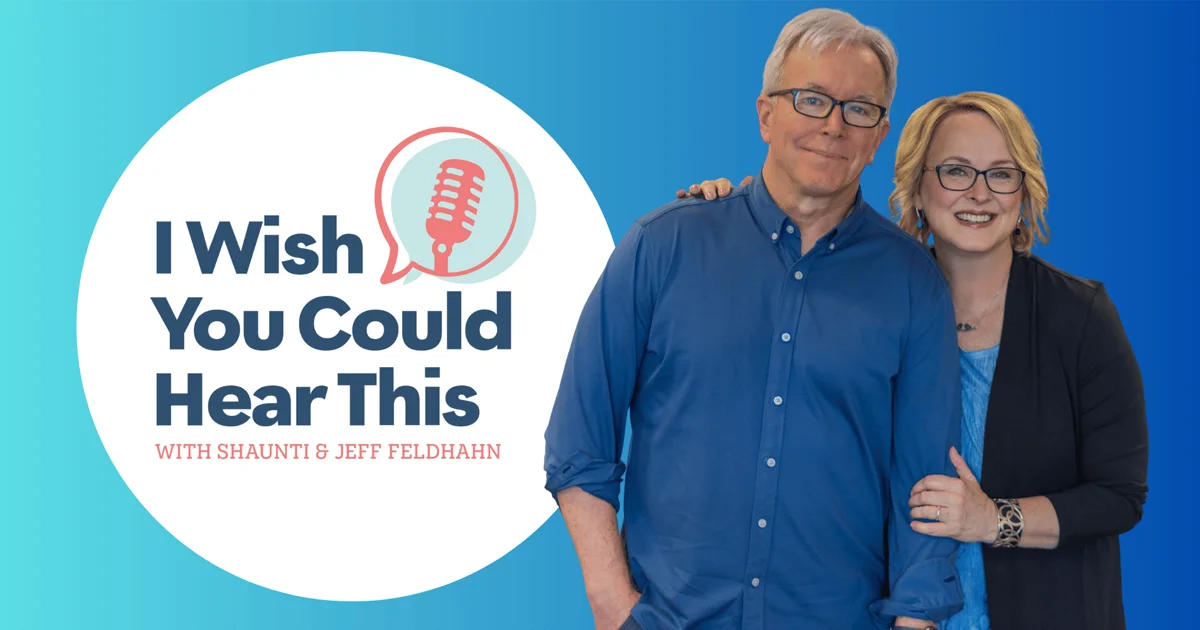What Would Jesus Do? - The Crosswalk Devotional - June 14
What Would Jesus Do?
By Laura Bailey
“My dear brothers and sisters, take note of this: Everyone should be quick to listen, slow to speak and slow to become angry,” James 1:19 NIV
Screeecccchhhhhhhh.
My heartbeat quickened. I peered at my brother, desperately hoping that I had imagined that sickening sound while my shaking hand grasped my car door. My legs felt like pillars of cement, unable to move. No need to get out to look at the damage because my brother’s expression told me everything.
“Look what you've done! I am not paying for this! I hope Dad doesn’t kill you when he finds out," he exclaimed. The car shook as he slammed the car door and stormed off to his first hour class as the ring of the school bell peeled across the student parking lot. Feeling abandoned, I remained behind, my only company, a knot in my stomach and tears in my eyes.
“Hey, it’s okay. It’s not that bad--it's only a car. Are you alright?” asked the owner of the other car in a decibel just above a whisper. He bent to examine the fresh scrape on his new car.
With trepidation, my eyes met his, “Yeah, I’m okay. I am so very sorry about your car," I cried. "I was in such a hurry and carelessly flung open my door without checking my surroundings.” I meant every word, but apologizing, no matter how sincere, wasn't going to erase the ugly mark I had just made.
“It’s really okay," he gently replied. "I know it was an accident and you didn't mean to do it. Now let's get to class before we're both late.” He shrugged, locked his car and tried to lighten things with a couple of joking remarks as we hurried into school, but the last thing I felt like doing right then was laugh.
Not the reaction I had expected. Twenty years later, that young man’s self-control during that moment still amazes me.
In our key verse, James’ tone is not of rebuke or condescension, but one of authoritative affection, delineating the type of lifestyle Christians were to live. This verse is one of many in which James instructs believers to control their tongues, impressing the importance of taming our thoughts and words for our own good and the good of others. James' message still applies to Christians two thousand years later.
So what does it mean to be "quick to listen, slow to speak, and slow to become angry"? One of my Sunday school teachers used to tell us, “God gave you two ears and one mouth so you should listen twice as much as you speak.” James instructs us first to listen. Without pausing to listen before responding, we become like the fool in Proverbs 29:11, “A fool vents all his anger, but a wise man holds it back.” And sooner or later, even fools realize that their rants can devastate relationships that well-articulated apologies fail to mend.
It’s pretty clear why James tells us to be slow to anger and speak. We cannot retract words once spoken aloud, and contrary to the old saying, most all of us had rather have sticks and stones thrown at us than unkind words because words do hurt.
I want patience and sympathy to be from my heart, expressed through my words and actions,I sincerely want to imitate Christ, so I ask myself:
How different would my response would be to someone cutting me off in traffic if I knew the passenger was in labor?
Would I be as quick to criticize the mom on the playground if I knew her husband had recently left her to be with someone else?
Would I pounce on my husband as readily if I waited for him to finish speaking and paused a moment to pray for understanding and wisdom?
I will always remember the extraordinary, unexpected kindness he showed me that day. WWJD bracelets were popular at the time; maybe he was wearing one which reminded him to act like Jesus,or maybe not. But I know this, he acted like Jesus on that day. He had grace and mercy on me in that very awkward moment as we stood there on the school parking lot. May we be people who, even in the heat of the moment, show the love of Christ, and point others to Him.
Intersection Faith & Life:
God is watching us, and so are others. For many, we really are the only version of the Gospel they will ever "read," and they judge us by the way we act, not our intentions. Our lack of self-control, often interpreted as hypocrisy by the lost world, is one of the most common reasons stated for rejecting Christianity. Do our actions and our reactions when “life happens,” reflect a forgiving and merciful Savior, or do they cause others to turn away?
Further Reading:
Matthew 12:36-37
The Power of a Pause
Photo Credit: ©GettyImages/Rawpixel

She lives in Upstate South Carolina with her husband and three young girls, where she serves as director of women's ministries at her church. Her passion is teaching the Bible to women, equipping them to live with an eternal perspective. Invite Laura to speak at your next event or learn more: www.LauraRBailey.com Check out fantastic resources on Faith, Family, and Fun at Crosswalk.com! Relationship tripwires. Mental health puzzles. Confusing work dynamics. You’re not the only one scratching your head. But now you have a secret decoder ring! Each episode of I Wish You Could Hear This is packed with proven, simple, and surprising secrets that help you thrive in life, faith, and relationships. Researchers Shaunti and Jeff Feldhahn have spent decades interviewing and surveying more than 40,000 people to identify the little things that make a big difference in our lives. They’re Harvard-educated, Christian authors and speakers who also happen to be happily married, analytically minded, and a whole lot of fun! Join them and their guests for real stories, real help, and real hope. Like what you hear? Be sure to follow I Wish You Could Hear This on Apple or Spotify so you never miss an episode!Related Resource:










